
Healthy Eating Habits for Kids – Your Visual Guide
Physical changes are part and parcel of a child’s growth and development. Good eating habits are essential to a healthy lifestyle and healthy growth, so encourage your children to cultivate good habits from a young age.
Easy tips for better eating habits
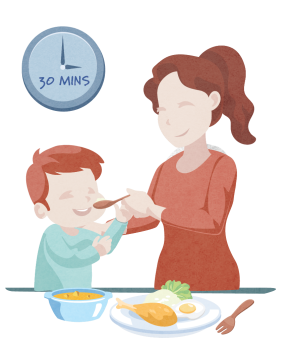
- Schedule Mealtimes
Set aside 30 minutes and get rid of distractions. Are there toys around? Is the TV still on?
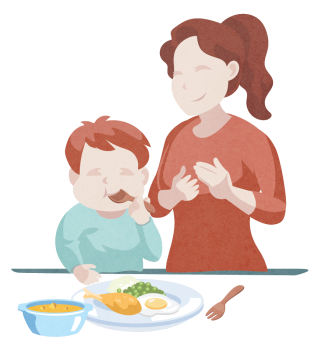
- Plan and portion
Prepare meals in age-appropriate quantities. You don’t want to be overfeeding your little one.

- Encourage them
Be generous with praise when children feed themselves, instead of reprimanding them when they don’t. For example, “I’m so proud that you’re eating all on your own like a big boy/girl!”
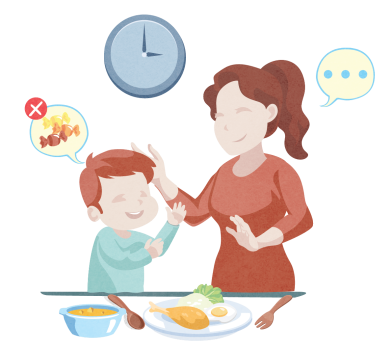
- Avoid snacks
Have an interval of at least three hours between meals to improve your child’s appetite.
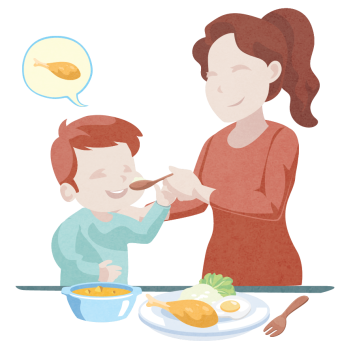
- Introduce new food
Offer three to four healthy choices and ask your child what he or she likes or dislikes about them. Now that you know what is the offending ingredient, you can substitute it for another!
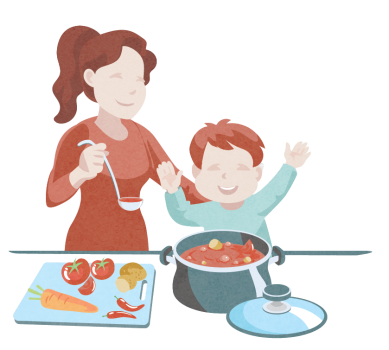
- Make mealtimes fun
Get creative! Use different coloured ingredients to make the meal colourful, get him or her to help prepare or decorate the table, or try serving food in other ways (e.g. apple spirals or heart-shaped fried eggs). Find out what yummy meals you can whip up with Friso Cereals, fresh fruit and vegetables.
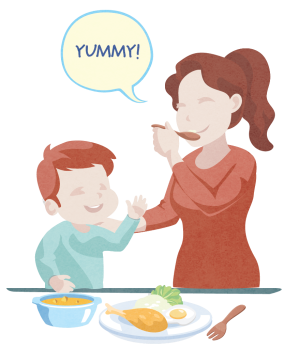
- Be a good role model
Be a good role model – you should practice good eating habits too. Show them that you can finish what’s on your plate because it’s good for you, even when you don’t particularly like the food.

- Be flexible
Let them leave the table when they are done. It’s about creating a pleasant and positive dining environment.
Toddlerhood is also a time when your child gets to explore the different flavours and textures of solid foods. Inevitably, there will be foods that he or she likes or dislikes. Being picky might not only come from personal preference, as there could be other reasons why your child kicks up a big fuss when it comes to eating that dreaded broccoli.
Causes of poor eating habits
Types of food
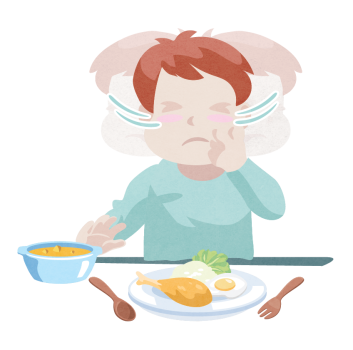
Food not suited to your child’s tastes
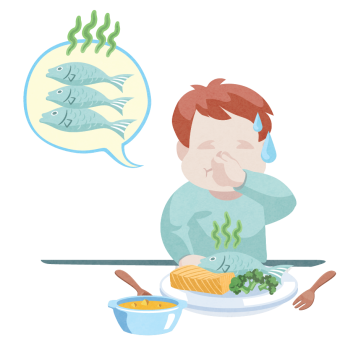
Unsuitable for child’s current stage of development
Physical Condition
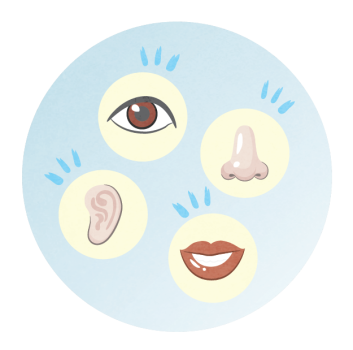
Your child may be particularly sensitive to certain smells and flavours

Mouth sores or ulcers
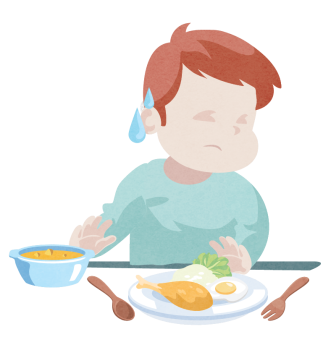
Poor appetite

Other physical or functional conditions such as a cleft lip, reflux or a swallowing disorder known as dysphagia.
Habits of caregiver
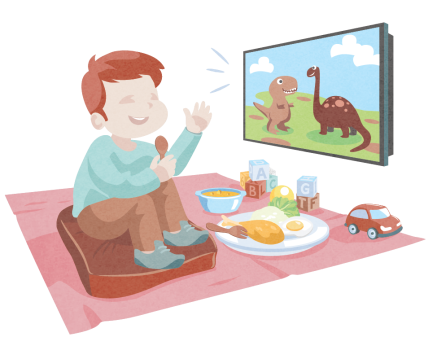
Child is placed in an inappropriate feeding environment

Approach to feeding is too controlled or negligent
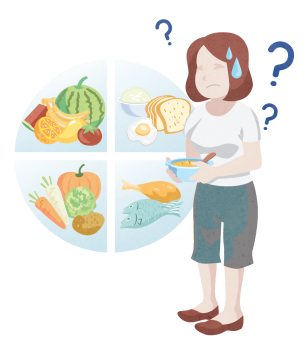
Caregiver has a lack of understanding of proper nutrition for the child’s developmental needs
Teaching your child good eating habits will make sure that he or she gets the most out of mealtimes and is able to eat independently. Such practices can even benefit them in their later years when they are teenagers and adults, by helping them make healthy and smart choices when it comes to food.
Irregular bowel movement? Feed your child apples, prunes, sweet potatoes and other high-fibre foods, as these will help children poop. There are also simple exercises that you can teach him or her that help bowel movement and relieve constipation.
Even if healthy eating habits may seem like a struggle in the beginning, stick with them and your little one will be feeding him- or herself in no time. Of course, please consult with your paediatrician before making any big changes!
References:




